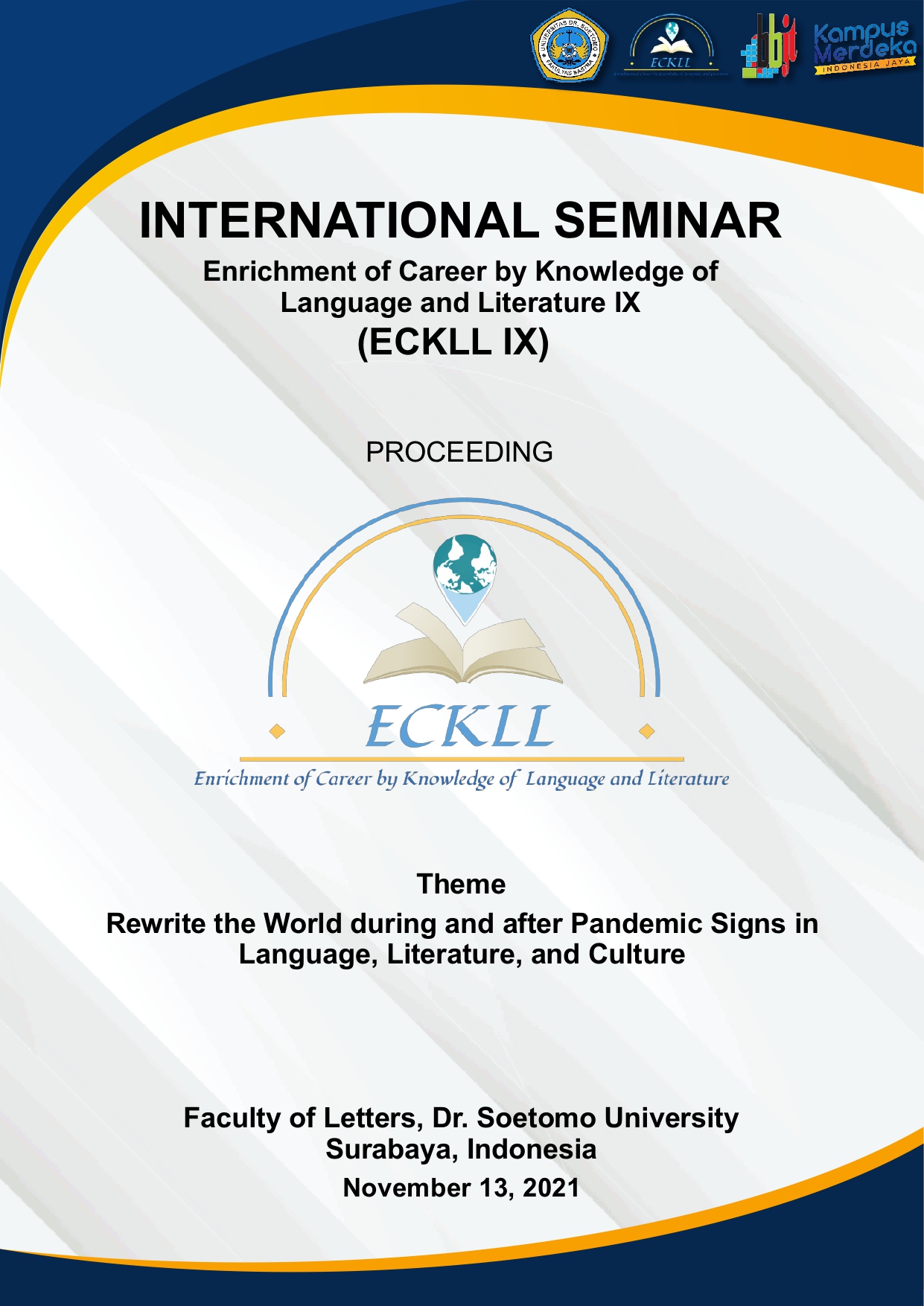The Ambiguous Language of Human Rights as Reflected in William Faulkner's Dry September
 Abstrak views: 128
,
Abstrak views: 128
,
 PDF (English) downloads: 76
PDF (English) downloads: 76
Abstrak
William Faulkner’s short story entitled Dry September tells about how black people live under suspicions from white people. Black people has their own rights since it is embraced as natural statuses. White people also has the rights by living cultural sides of the society. The question then, how is the posture of human right be reflected in Faulkner’s story? By using qualitative method, the analysis of this paper underlines the realities of both restrictions and limitations shown in the foundation of human rights. Those rights are never unlimited but situated through both people and society. Its languages are ambiguous since it contains various and abundant possibilities to be understood furthermore. Matters of justice and freedom are both directly and indirectly attached to wide aspects of human rights as seen in Syracuse Principles. While human rights are considered universal, its main conditions will never escape realities of particularities in real world. In conclusion, Faulkner’s story is one great example of ambiguous language of human rights. The rights of the people are not static at all, but may involve relativity dynamicity of how individuals interpret society and in reverse as well.







